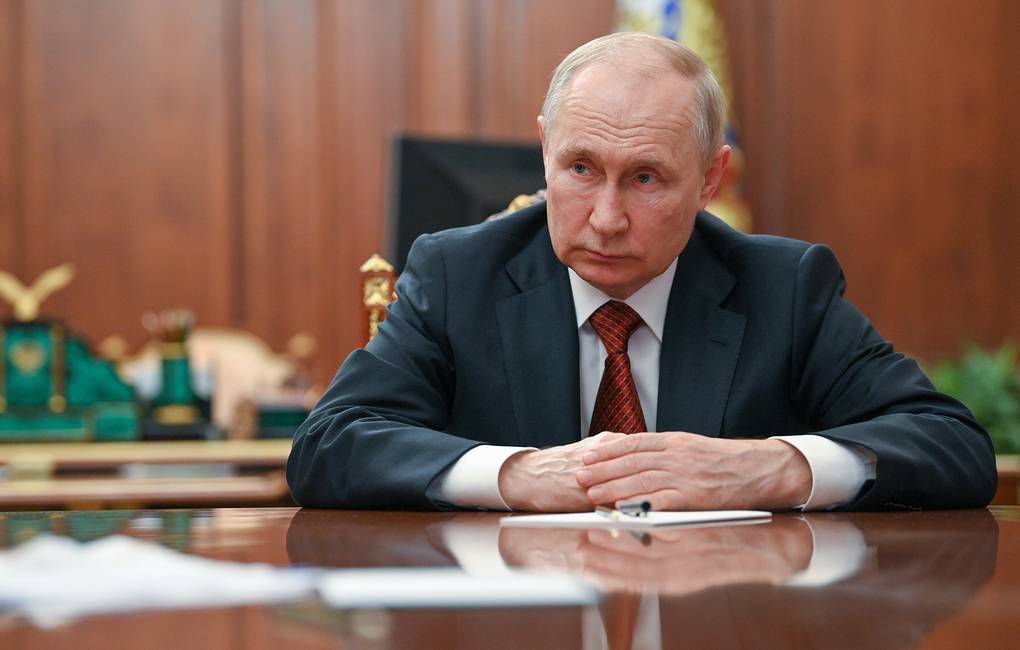In a key section of the document, Russia has expanded the list of criteria that require a nuclear response to include “aggression by any non-nuclear state, but with the participation or support of a nuclear country”.
Such actions, the doctrine says, will be considered a joint attack.
In another passage the document states: “In addition, a nuclear response from Russia is possible in the event of a critical threat to its sovereignty, even with conventional weapons, in the event of an attack on Belarus as a member of the Union State, [or] in the event of a massive launch of military aircraft, cruise missiles, drones, other aircraft and their crossing the Russian border.”
Putin ordered changes to the nuclear doctrine in the weeks leading up to the US election.
The president of Russia remains the official making the decision on whether to use the country’s nuclear arsenal. He also has the authority to communicate his intentions and actions regarding such weapons to foreign nations.
The revised doctrine was published days after US President Joe Biden reportedly granted Ukraine permission to use long-range weapons donated by Washington for strikes deep inside Russia. Putin previously warned that such an attack would constitute a direct war between NATO and Russia.
Kremlin Spokesperson Dmitry Peskov has noted the use of western non-nuclear missiles by the Ukrainian armed forces against the Russian Federation under the new doctrine could lead to a nuclear response.
Speaking at his regular daily press briefing, Peskov stated that the new nuclear doctrine should become the subject of deep analysis both in the country and abroad.
He added that the Russian Federation considers the use of nuclear weapons to be an extreme measure, but that updating the doctrine was needed to bring the document into line with the current political situation.
The spokesman stressed that the “special operation” – Moscow’s preferred term for its full-scale invasion of Ukraine – was being conducted in the context of a war unleashed by the west against the Russian Federation, and that the Russian military is closely monitoring the reports about plans to use longer-range US missiles in the Kursk region of Russia.
